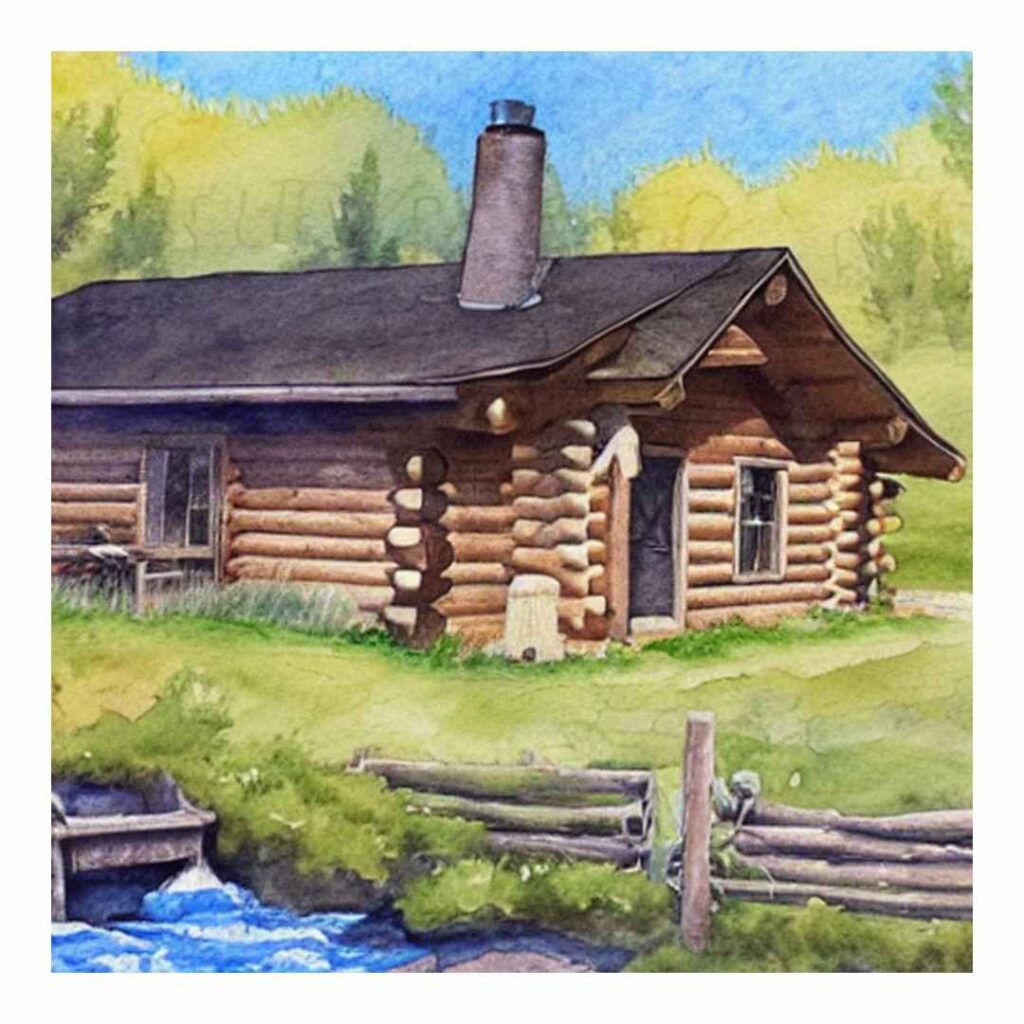
Several well-known writers have written in or about log cabins. Here are a few examples:
- Henry David Thoreau: Thoreau is famous for his book “Walden,” which chronicles his experiences living in a small log cabin near Walden Pond in Massachusetts. The book reflects on nature, simplicity, and self-sufficiency.
- Abraham Lincoln: Before becoming the 16th President of the United States, Lincoln lived in a log cabin in his early years. Although he did not write extensively about log cabins, his humble origins and connection to frontier life are often referenced in biographies and historical accounts.
- Laura Ingalls Wilder: Wilder is known for her “Little House” book series, which depicts her experiences growing up in the American Midwest during the late 19th century. The first book, “Little House in the Big Woods,” describes her family’s life in a log cabin in Wisconsin.
- Jack London: London, a prolific American author, wrote numerous adventure novels and short stories. In his novel “The Call of the Wild,” the protagonist, Buck, spends time in a log cabin in the wilderness of Alaska during the Klondike Gold Rush.
- Mark Twain: Twain, known for his humor and wit, wrote about log cabins in some of his works. In his short story “The Celebrated Jumping Frog of Calaveras County,” he describes the cabin of Simon Wheeler, a colorful character who regales the narrator with tall tales.
These writers either lived in log cabins themselves or incorporated log cabins into their works, showcasing their significance in American history, literature, and cultural imagination.